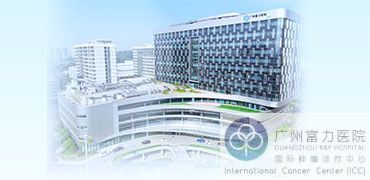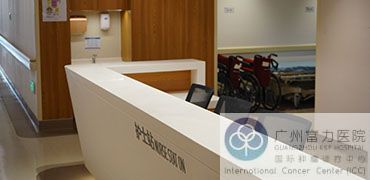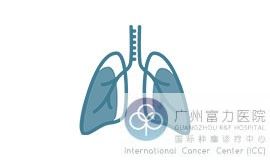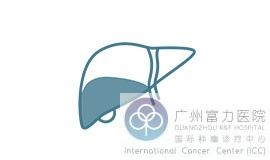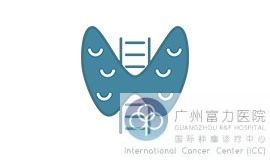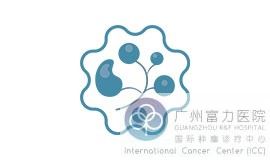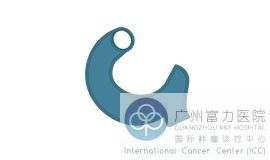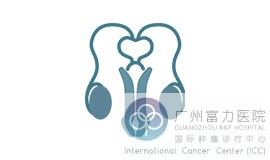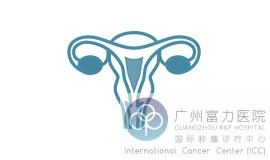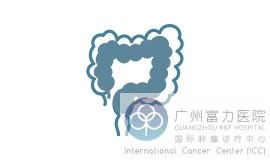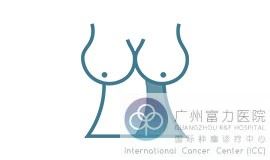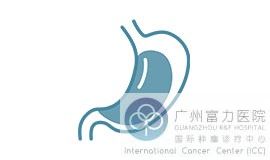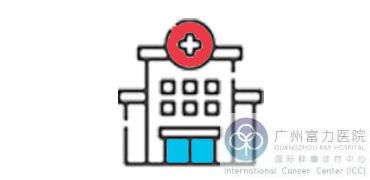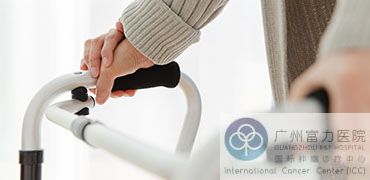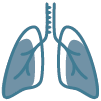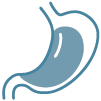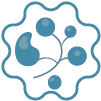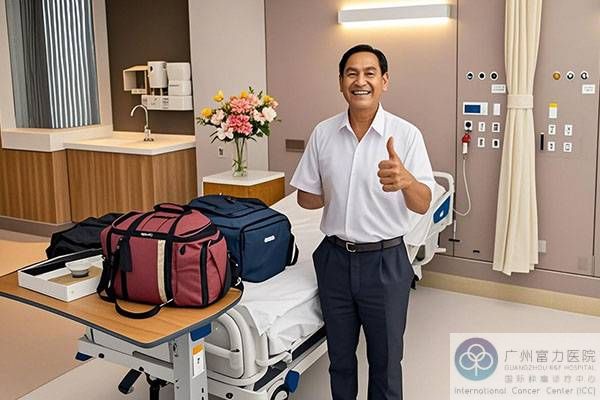A new choice for precise anti-cancer treatment: iodine-125 particle implantation - "internal radiotherapy" without surgery
For cancer patients, traditional surgery, chemotherapy or radiotherapy are often accompanied by problems such as large trauma, slow recovery and obvious side effects. The iodine-125 particle implantation brought by the Guangzhou R&F Hospital Tumor Center is becoming a new trend in international medical treatment. This minimally invasive technology has helped patients from countries such as Malaysia and the United Arab Emirates to receive precise treatment, especially for those who are unwilling or unable to undergo traditional surgery.
What is iodine-125 particle implantation? ——The anti-cancer wisdom of microparticles
Iodine-125 particles are a "micro-radiotherapist" of only 4.5 mm, containing the radioactive isotope iodine-125. After accurately locating the tumor through imaging technology (such as CT), doctors use fine needles to implant dozens to hundreds of iodine-125 particles into the tumor. These particles will continuously release low-dose radiation (about 6 months), directly destroying tumor cells while maximizing the protection of surrounding normal tissues.
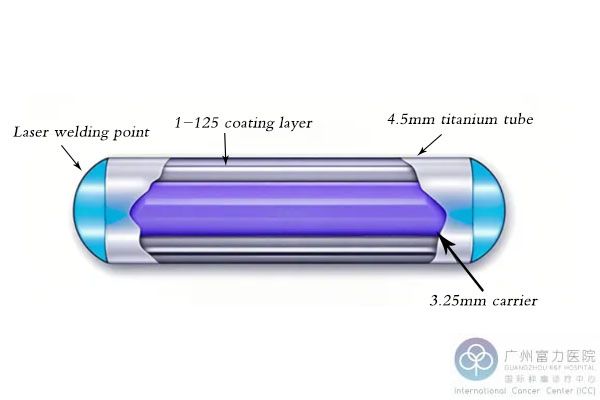
Significant advantages over traditional treatment
Compared with open surgery: no general anesthesia is required, the risk of organ resection is avoided, and patients can get out of bed and move around on the same day after surgery
Compared with traditional radiotherapy: the accuracy is improved by 40%, and the radiation exposure to adjacent organs is reduced by 60% (taking liver cancer as an example)
Advantages over chemotherapy: no systemic side effects such as hair loss and vomiting, and lower requirements for cardiopulmonary function
Which patients are suitable for this technology?
Early or locally advanced solid tumors that cannot be operated on (such as lung cancer, liver cancer, pancreatic cancer, and prostate cancer);
Patients with tumor recurrence or residual tumors after traditional radiotherapy;
Particle implantation has controllable side effects: no systemic reactions such as hair loss and bone marrow suppression, especially suitable for elderly patients who cannot tolerate surgery or chemotherapy due to physical weakness
Break through surgical forbidden areas: tumors close to blood vessels and nerves can also be safely treated
To assess whether you are suitable for iodine-125 seed implantation, please consult a doctor online
Compared with traditional treatment, it has significant advantages
Treatment Method | Traumatic | Duration of Treatment | Side Effects | Applicable Population |
Traditional Surgery | Large (requires surgery) | Recovery in several weeks | Pain, high risk of infection | Patients in good physical condition |
External Beam Radiotherapy | Non-invasive | 6–8 weeks | Hair loss, fatigue, damage to surrounding organs | Widely applicable |
Iodine 125 Particle Implantation | Minimally invasive (only pinhole) | Completed in 1 time | Mild discomfort, very few systemic reactions | Applicable to both elderly and weak patients |
Why choose Guangzhou R&F Hospital?
Leading technology: Unlike some hospitals in Southeast Asia and the Middle East that still rely on traditional radiotherapy, our hospital uses international standard image-guided technology with an error of less than 1 mm to ensure that the particles accurately "hit" the tumor.
High safety: Particle radiation only acts on the tumor area, and patients do not need to be isolated after treatment, which does not affect the health of their families.
Extremely fast recovery: The treatment only takes 1-2 hours, and patients can be discharged from the hospital 1 day after surgery, which is especially suitable for patients seeking medical treatment across countries.
Three-dimensional visualization navigation system: We also use particle therapy. Compared with most regions that still use two-dimensional positioning, our hospital uses a three-dimensional visualization navigation system with an error control within 0.3mm (the international standard is 1.5mm). For prostate cancer, which is common in the Middle East, and nasopharyngeal carcinoma, which is prevalent in Southeast Asia, we have established Asia's first AI prediction model for particle distribution to ensure the optimal distribution of radiation dose.
To assess whether you are suitable for iodine-125 seed implantation, please consult a doctor online
Patient stories of particle implantation: from "inoperable" to regaining hope
Mr. Li (pseudonym), a lung cancer patient from Malaysia, could not undergo surgery because the tumor was close to large blood vessels, and the local hospital recommended chemotherapy. But he was worried about the side effects and finally chose our hospital's iodine 125 particle treatment. After a review 3 months after the operation, the tumor was reduced by 60%, and there were no adverse reactions such as hair loss and vomiting.
At present, we have increased the success rate of this technology to 92.7% (clinical data in 2023), and with the unique particle recovery system, it provides double protection for treatment safety. Mr. Ali from Qatar (liver cancer patient) said after the treatment: "It's like installing an anti-cancer clock in the body. I can still work and worship normally during the treatment."
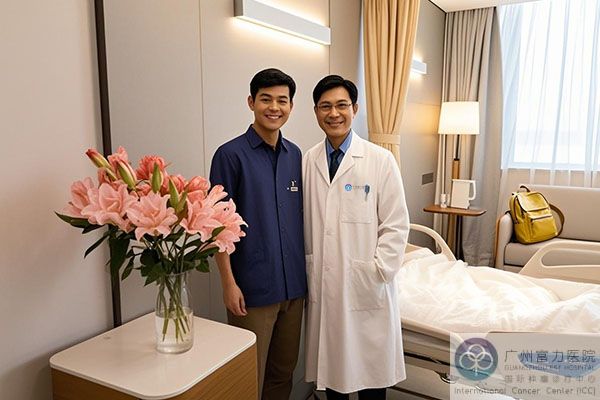
For more patient stories, please click
Use precise technology to strive for more possibilities for life.
Guangzhou R&F Hospital Cancer Center opens the era of "survival without chemotherapy" for cancer patients and wins a lasting victory for life. If you or your family are facing difficulties in cancer treatment, please contact Guangzhou R&F Hospital Cancer Center. We provide multilingual medical record consultation, contact us immediately to obtain an assessment of treatment qualifications.
Contact us:
email: rfcancercenter@gmail.com |
whatsapp: +86 18565157271




